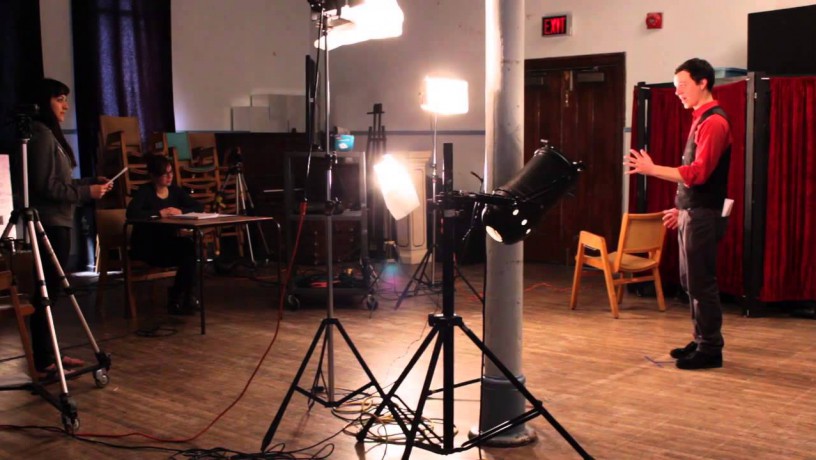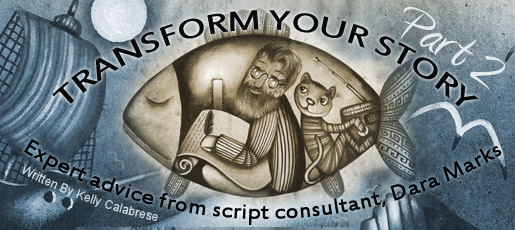Auditioning for a role marks the beginning of an actor’s journey, but the callback is a critical phase in the casting process. Receiving a callback signifies that the casting director sees potential in you for the role. However, it’s not just about displaying your talent; your behavior can greatly influence your chances of getting the part. There are 10 typical mistakes that actors should avoid during callbacks. By avoiding these errors, you can present yourself as a professional, well-prepared, and positive candidate, enhancing your likelihood of securing the role.
10 Common Mistakes Actors Should Avoid During Callbacks
1. Be Late:
-
Explanation: Arriving late can signal disrespect for other people’s time and a lack of professionalism. It disrupts the schedule and can cause delays for everyone involved.
-
Tip: Aim to arrive at least 15 minutes early. This buffer gives you time to settle in and handle any unexpected delays.
2. Be Unprepared:
-
Explanation: Not knowing your lines, the character, or the context of the scene indicates a lack of commitment and preparation. It suggests you might not take the role seriously.
-
Tip: Rehearse your lines thoroughly, understand your character’s background, and be familiar with the scene’s context. Review any notes or feedback from the initial audition.
3. Overact or Underact:
-
Explanation: Overacting can make your performance seem exaggerated and unrealistic, while underacting can make you appear disengaged and lacking energy.
-
Tip: Aim for a balanced performance that feels natural and genuine. Take cues from the director’s feedback to adjust your performance as needed.
4. Ignore Directions:
-
Explanation: Failing to incorporate feedback from the director or casting agents suggests inflexibility and an inability to collaborate, which are significant traits for an actor.
-
Tip: Listen carefully to any directions given and make adjustments to your performance accordingly. Show that you can take direction well.
5. Be Disrespectful:
-
Explanation: Rudeness or disrespect towards anyone involved in the process can quickly damage your reputation and reduce your chances of being cast.
-
Tip: Treat everyone with kindness and respect, from fellow actors to casting crew members. A positive attitude goes a long way.
6. Dress Inappropriately:
-
Explanation: While you don’t need to wear a costume, your attire should be suitable for the character or the tone of the production. Inappropriate clothing can be distracting.
-
Tip: Choose an outfit that aligns with the character’s style and the overall tone of the project. Opt for something neutral and professional if in doubt.
7. Bring Props or Costumes:
-
Explanation: Bringing unnecessary props or costumes can be seen as unprofessional and distracting unless explicitly requested by the casting team.
-
Tip: Focus on your performance rather than relying on external elements. If props are needed, they will typically be provided or specifically requested.
8. Talk Too Much:
-
Explanation: Excessive talking, especially about irrelevant topics, can make you seem unfocused and nervous. It can also waste valuable time during the callback process.
-
Tip: Keep conversations brief and professional. Stay on topic and be concise when answering questions or discussing your performance.
9. Display Negative Attitudes:
-
Explanation: Complaining or showing frustration, even about unrelated matters, can suggest you’re difficult to work with and bring a negative energy to the production.
-
Tip: Maintain a positive and upbeat demeanor. Focus on the opportunity and your excitement about the role rather than any negative aspects.
10. Ignore Personal Hygiene:
-
Explanation: Poor grooming or hygiene can be off-putting and distracting to others in the room. It shows a lack of attention to detail and self-care.
-
Tip: Ensure you are well-groomed and presentable. Pay attention to details like clean clothing, fresh breath, and neat hair.
By being mindful of these factors, actors can make a positive and professional impression during callbacks.







